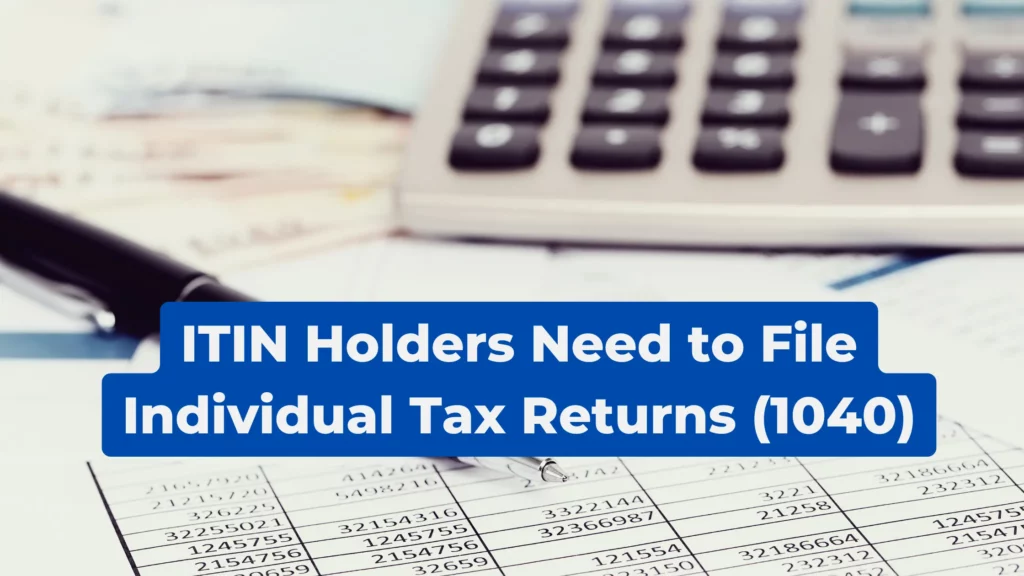What is Post-Incorporation?
You have successfully formed your new company, but what happens next? Post-Incorporation is a series of steps and proceedings that must be addressed after forming your company and completing the necessary incorporation steps. It is a crucial part of American corporate law and the company formation process. Due to its complexity and significance, it’s always advisable to complete Post-Incorporation with the help of specialized consultants. It’s important to understand that while incorporation may seem simple, post-incorporation processes are highly detailed and complex.
For further guidance on managing your company’s post-incorporation process, visit Clemta for professional assistance.
Why is Post-Incorporation Important?
Unlike a public limited company, which requires a trading certificate, a private limited company can commence business almost immediately. However, several important matters still need attention. Every private corporation and startup within the American legal system must complete their post-incorporation tasks after finishing incorporation proceedings to fully establish their corporate entity. Companies neglecting post-incorporation procedures may face numerous challenges and may struggle with even the simplest corporate tasks.
To explore how Clemta can assist with these critical steps, check out their services.
Essential Steps in Post-Incorporation
1. Conduct the First Meeting
One of the initial steps companies take after formation is holding the first board meeting and adopting the company bylaws. In these early stages, directors should convene the meeting or pass the first board resolution regarding the company’s “organization,” which includes:
- Adopting the Constitution that governs internal operations
- Adopting a company seal
- Authorizing the issuance of shares and other securities
- Appointing officers
- Confirming the registered office address
- Confirming the first financial year-end
- Appointing an auditor, if required
- Establishing banking arrangements
- Addressing other necessary business
For more detailed information on planning your first board meeting, click here.
2. Establish an Official Address
A company must have a registered office within 15 days from the incorporation date, used to receive official communications from various authorities. The company is required to inform the registrar within 30 days from incorporation.
3. Open a Bank Account
It is crucial to set up a business bank account to protect shareholders from personal liability and to maintain limitations on liability. Founders should open a bank account in the company’s name for all transactions made by or to the company.
4. Apply for an EIN
An Employer Identification Number (EIN) is a unique number that identifies your business to the Internal Revenue Service (IRS). It is necessary for opening a bank account, hiring employees, and filing tax returns. It serves a similar purpose as a social security number but for businesses.
Learn more about obtaining your EIN by visiting Clemta’s EIN guide.
5. Issue Initial Equity
Issuing initial equity promptly after incorporation is vital. Proper financial management can save time and money in the long run. When an equity grant is subject to vesting, consider making an 83(b) filing for that grant.
Conclusion
Delaying post-incorporation steps is akin to forming a “half” or “unfinished” company. Therefore, post-incorporation proceedings should not be overlooked and must be completed as soon as possible after incorporation. If you’ve missed this step, don’t worry—act quickly to finish your post-incorporation processes to avoid future complications.
For comprehensive support on all post-incorporation matters, consider partnering with Clemta.







